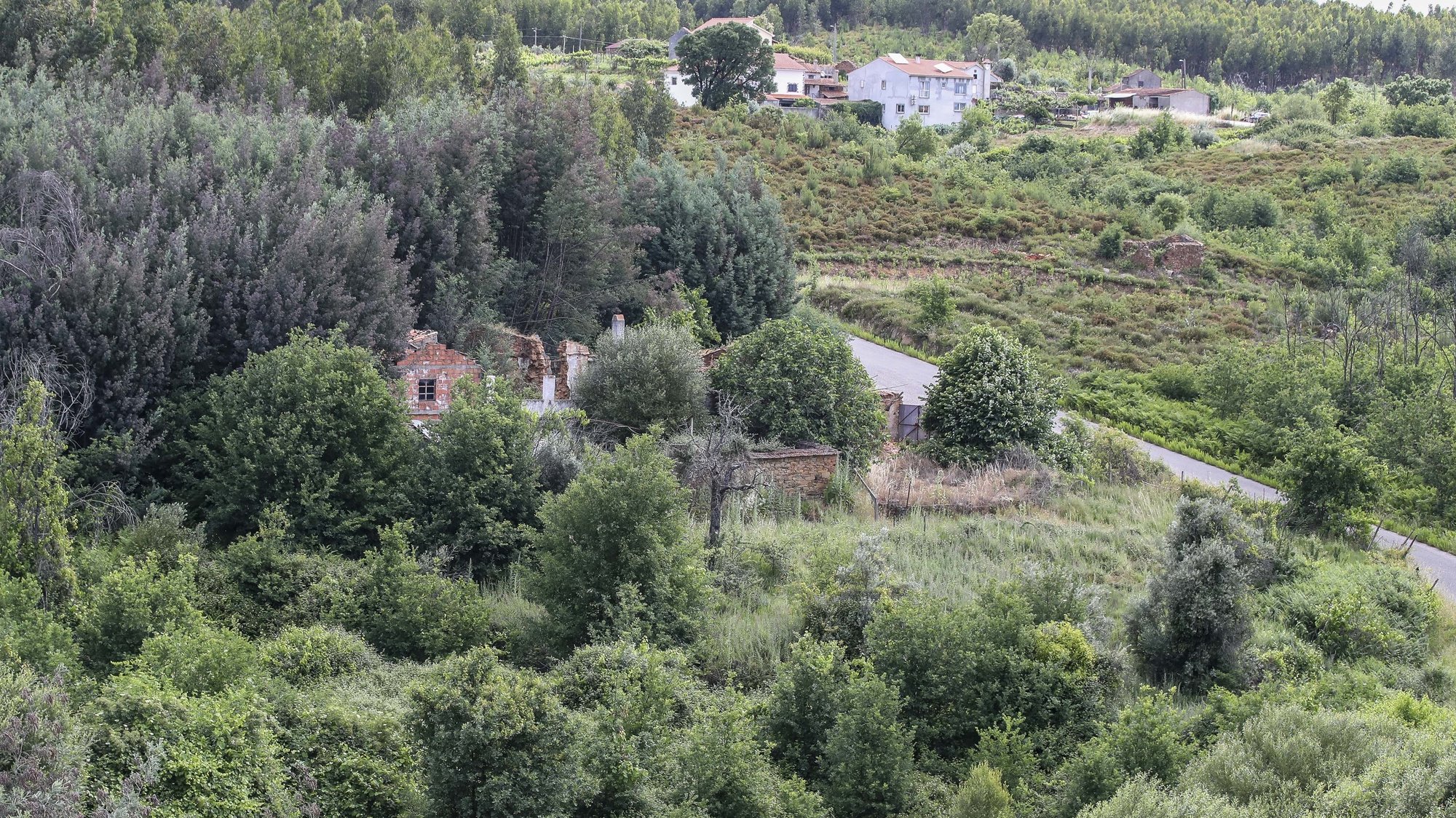Mitigate climate change through reduce carbon dioxide emissions (CO2) is decisive even at a local level, due to the cumulative effect at a global level, defended a researcher from the University of Coimbra (UC).
Although she admitted that, for example, planting trees to increase CO2 capture will not solve the impacts of climate change at the local level, nor in the short term, Catarina Moura, a researcher at the UC Center for Functional Ecology (CEF), maintained that this is a wayreach and motivate people”.
But, more importantly, on a global level, “it will be to avoid deforestation as much as possible, conserving existing forests and restoring other ecosystems,” the biologist from the University of Coimbra told Lusa.
“Because CO2 diffuses into the atmosphere and influences the climate on a planetary scale, the increase in its concentration in this reservoir is a global problem. There is no way to mitigate it if there is no global cooperation,” he emphasized.
Hence, despite all its limitations, the Paris Agreement “has been a historic step and has promoted very relevant measures and plans,” he advocated.
“It is important that we celebrate small victories, as well as find sources of hope and optimism,” said Catarina Moura.
Doctor in Biology and Ecology and Eco-literacy teacher in a two-week intensive course associated with the UNESCO Chair in Biodiversity and Conservation for Sustainable Development – which brought together Portuguese and foreign students of natural sciences, but also economics or design, among others — Catarina Moura found an additional way to motivate her students to address the issue of climate change, by connecting them with a member of the UN Climate Action team, after visiting the organization’s headquarters in New York.
“It is difficult to convey the information that the situation is serious without sounding alarmist, because being an alarmist can lead people to feel blocked, thinking that everything is lost and not wanting to do anything, thinking that nothing they do will make a difference. At the same time, we cannot pretend that nothing is happening, because the problem is serious, urgent, and the impacts are multiple and serious, like what we are witnessing, for example, with heat waves and other extreme events”, argued the researcher.
“It is important to find that balance, showing gravity [das alterações climáticas]but also showing that it is in our hands to contribute to decarbonization and for a more sustainable future. And for me, it’s gratifying to see that young people feel more motivated and more capable. It is a contagious enthusiasm, ”she reaffirmed.
On another level is the political decision: “If the policy makers of a country or region take seriously the implementation of mitigation measures, and if these public policies manage to influence other sectors such as companies, including multinationals, with a wide distribution geographically, this will influence the decisions and actions of others. And we can’t just focus on the environmental consequences, we have to include the economic and social components,” he stated.
However, for this to happen, the expert advocated the need to “committed political leadersknowledgeable in these areas or with specialized technical support, committed and aware that the results are not compatible with four-year mandates or political cycles.”
Regarding adaptation measures, such as building more resilient cities, which are probably easier to promote at the local level than mitigation measures, Catarina Moura emphasized that existing scientific knowledge can be a strong ally.
“We know what is happening and, to a large extent, what will happen, since current climate models are already very robust; Of course there are uncertainties, but knowledge exists, there is a lot of consolidated information and science is very strong in these areas. And we can try to plan our cities, our territories, according to the expected scenarios”, she stressed.
For the UC researcher, faced with the threat of climate change, “there have been many steps in the right direction.”
“But there has to be a collective political commitment, with a long-term vision, and an integrated effort that involves citizens and various sectors of society. Because the right of everyone to be able to live in a healthy and sustainable environment, in the face of different climate scenarios, is increasingly a fundamental right”, observed Catarina Moura.
Source: Observadora
